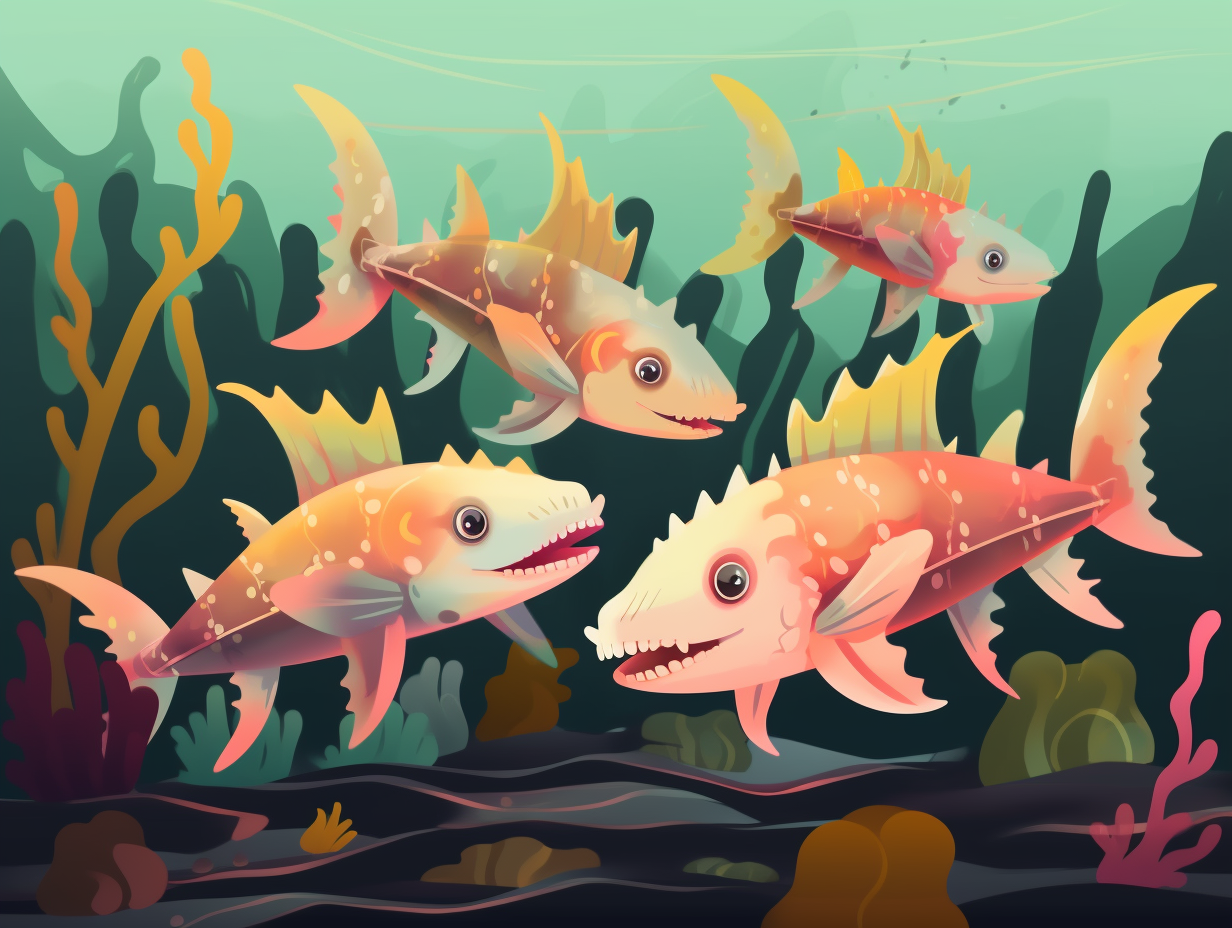Discover the Shell-tacular World: Top 10 Fun Facts About Tortoises You Never Knew!

1. Snail Shell Appetizer
Before you get shell-shocked by their peculiar dining habits: tortoises are known to munch on snail shells as a calcium-packed appetizer before diving into a main course of nature's buffet, featuring fresh greens and dry old leaves, but no, they're not secret solar panel enthusiasts with photosynthesis-powered digestion.
Source => tortoisetrust.org
2. Wintertime Fat-Gain for Hibernation
In a tale fit for a shelled Hercules, it turns out tortoises require their very own wintertime fat-gain: without it, their hibernation turns into a disastrous slumber party of epic proportions! The serious reveal: To survive hibernation, tortoises must have adequate body fat reserves, otherwise, they face death by starvation or dehydration - so keep an eye on their weight and hydration before they hit the snooze button.
Source => tortoisetrust.org

Did you know that a prehistoric turtle was as big as a smart car and weighed up to two tons? Discover the fascinating story of the gigantic Stupendemys!
=> Fun Facts about Turtles
3. Tortoises: The True Immortals
Forget about ageless vampires and passionate love stories with werewolves; tortoises are the true immortals on this blue and green planet: Galápagos tortoises have been known to live well over a century in the wild, with some even reaching the grand old age of 177 years in captivity, making them the longest-lived land creatures aside from certain species of trees.
Source => en.wikipedia.org
4. Extreme Food and Water Fasting
Talk about a super slow food craze: Galapagos tortoises could give the world's top endurance athletes a run for their money with their ability to survive without food or water for up to a year! The serious reveal: This remarkable survival skill, however, led to the exploitation of these extraordinary creatures, resulting in the loss of over 100,000 tortoises, the extinction of three species, and leaving a mere 20,000-25,000 wild tortoises on the islands today.
Source => galapagos.org

5. The Ultimate Egg-Holder
Talk about commitment issues! Female tortoises take "waiting for the perfect moment" to a whole new level when it comes to laying their eggs: Their little shelled bodies can hold onto fertilized eggs for up to four years, during which time the eggs gain an extra layer of calcium, making them larger and harder to lay. But beware, ladies: retaining eggs for too long can lead to serious health complications and even death, so make sure to give your captive tortoises a proper nesting area to lay their calcium-rich cargo!
Source => thetortoiseshop.com
6. Toothed Ancestor: Odontochelys
Back in the day when dinosaurs needed dentists and tortoises had to don toothy grins: the earliest known marine turtle, Odontochelys, roamed the earth around 220 million years ago during the Triassic period, sporting a soft shell and a full set of chompers that later generations would evolve to ditch over millions of years.
Source => thoughtco.com
7. Smell-obsessed Slowpokes
Whoever said "stop and smell the roses" must have been talking to a tortoise: These slow-moving charmers possess an incredibly sharp sense of smell, which they rely on to find food, mates, and even detect predators!
Source => thetortoiseshop.com
8. Shell-tastic Sensitivity
If encountering a tortoise makes you "turtley" excited, remember to be considerate of their sensitive outerwear! These fashion-forward reptiles have a lot more than meets the eye, or in their case, the shell: Tortoises can actually feel every touch on their shells, which are made up of skeletal and dermal bones, and covered in protective scutes crafted from keratin. So be gentle when admiring their beautiful armor - they can sense your every interaction!
Source => tortoiseowner.com
9. The Great Shell Flip
Talk about turning turtle! The fate of upside-down tortoises, it seems, lies upon their very backs: A recent study revealed that domed tortoises with rounder shells wiggle their legs wildly to flip over, while their flatter saddlebacked cousins use their necks as levers against the ground to get back on their feet – a first-of-its-kind finding that explores the energy required for different shell types to self-right.
Source => discovermagazine.com

10. Eco-friendly Underground Mansions
Move over, tiny house movement – here come the eco-friendly tortoises with their underground mansions: Sulcata tortoises construct vast burrows during the monsoon season that stretch horizontally over 30 feet and plunge more than 20 feet down, offering a stable, humid, and cozy refuge from extreme weather conditions.
Source => reptilesmagazine.com
Related Fun Facts




















